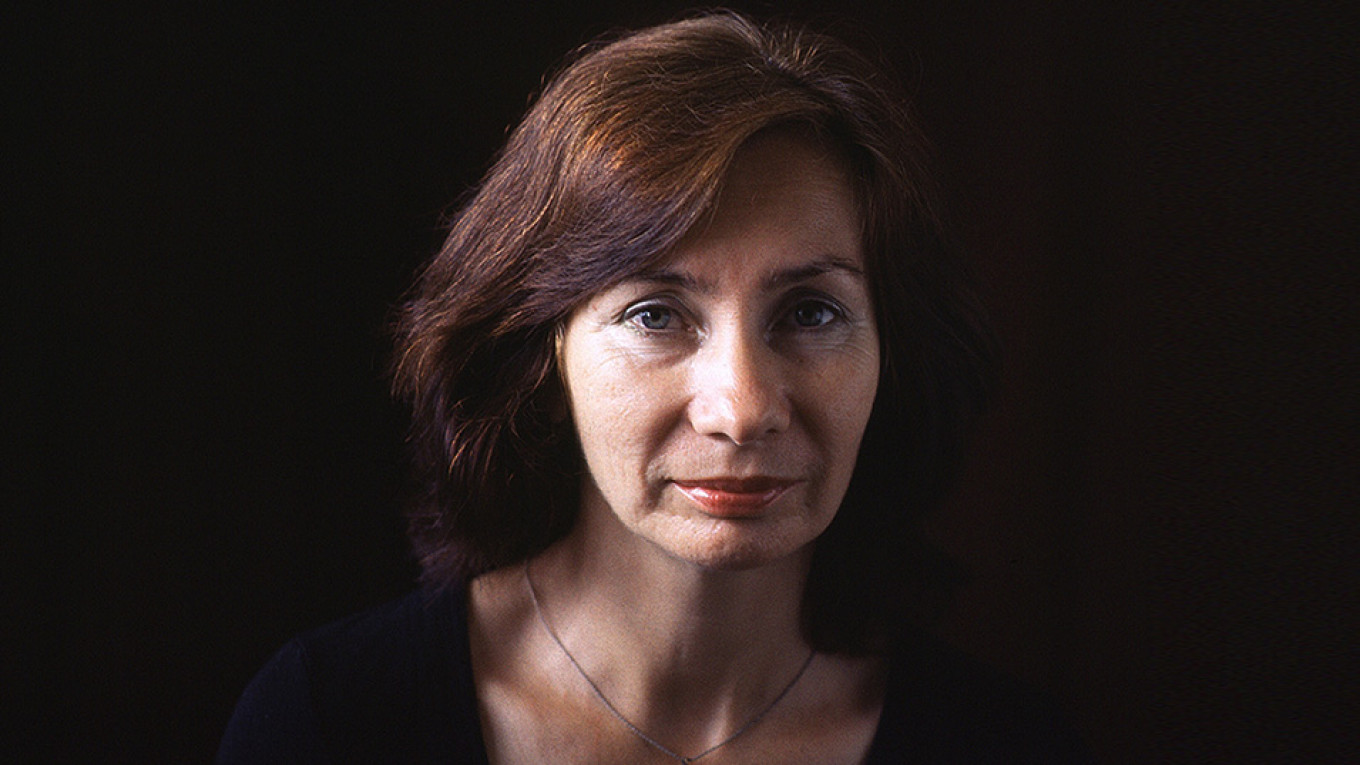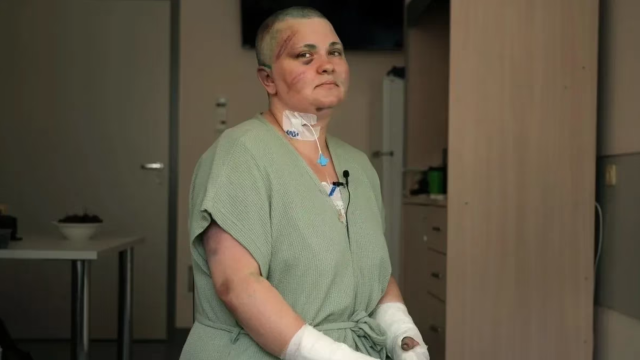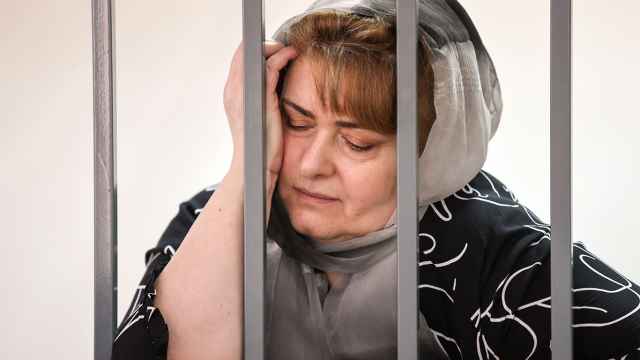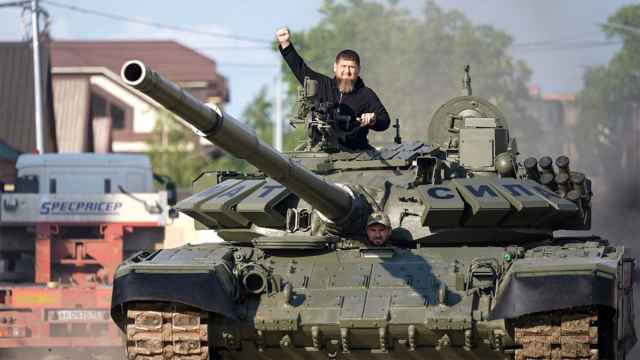Ten years ago, I was walking on a boulevard in central Moscow when my phone rang.
It was a glorious summer day. The day before, I had returned from a week-long trip to Chechnya, which was grueling but productive. After melting in a stifling car from morning to dusk in different villages, interviewing local residents about torture, killings, and house-burnings, and then typing it all up until 3 a.m. every night, everything was ready to make these harrowing abuses public.
There were practically no loose ends to tie up before I could finally take a week of vacation. Squinting at the sun, I lazily thought about how my favorite sundress was frayed at the seams. Some shopping was in order. I was mentally working on a shopping list when I pulled out the buzzing phone from my bag.
“Natasha’s disappeared,” the voice of a Chechen friend said, sounding almost uncertain and apologetic. I stopped dead in my tracks. In ordinary conversations, “she disappeared” is often no different from “she stood me up.” In Chechnya however, it can mean something else – like that security officials had dragged her off. It can mean torture and possibly death. “Tell me all you know,” I replied.
The truth slowly came together. Natasha Estemirova, a star human rights defender in Chechnya and a close friend, was murdered on July 15, 2009. Security officers dragged Natasha into a car as she left her apartment building in Grozny in the early morning and sped away.
Neighbors saw it from their apartment windows. Some even heard her calling out, "I'm being kidnapped!" but given the level of repression in Chechnya, people chose to mind their own business. Reporting a crime by local law enforcement agents could make you their next victim.
Security officers dragged Natasha into a car as she left her apartment building in Grozny in the early morning and sped away.
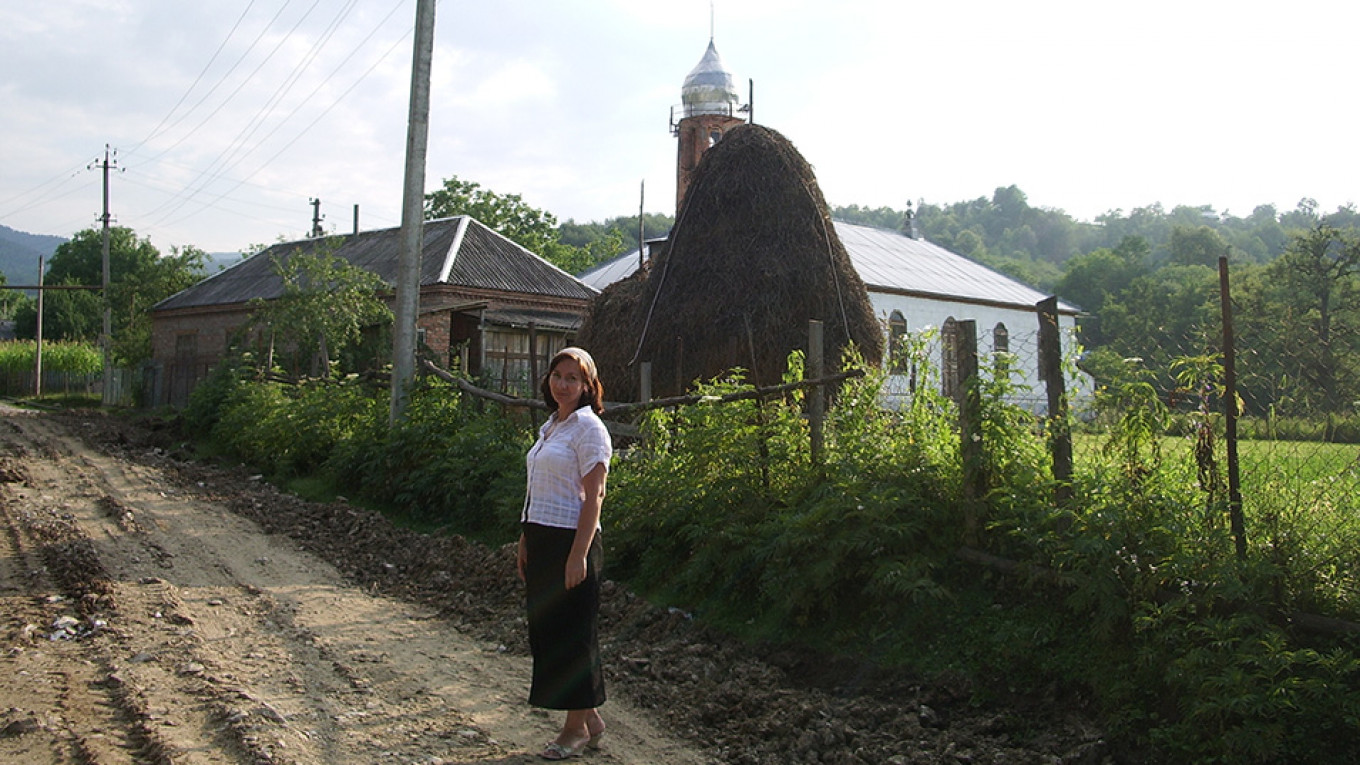
At first, Natasha’s colleagues at Memorial, Russia’s leading human rights organization — which has worked in Chechnya since the early 1990s when the armed conflict in the region began — weren’t too worried when she missed a couple of meetings that morning. Natasha tended to cram so much into her schedule that at times she showed up late or totally forgot about an appointment. But when she failed to pick up her 15-year-old daughter as scheduled at 2:30 p.m., everyone got worried and began looking for her.
Ten years later, Natasha’s daughter, Lana, would describe that horrific day in a book she’s writing about Natasha: “No one can reach my mum, both of her phones are unavailable. Something happened. She’s probably at some official’s office, unable to charge her phones. Or maybe she’s been detained... These kinds of things happen to mum from time to time, I can imagine that she’ll return with a good story. The clock is ticking: 3 p.m., 4 p.m., 5 p.m. Mum is not there… I get reassured by everyone — nothing bad has happened to your mum, she’s going to be fine… Of course, she’s going to be fine, she’s my mum! Whatever ordeal life throws at her, mum comes back in one piece. I just hope she comes back today.” She did not.
Natasha’s bullet-riddled body was found later the same day... [She] died like many people whose stories she documented — living her life for them and at the end, becoming one of them.
Natasha’s bullet-riddled body was found later the same day. For many years, Natasha had reported on forced disappearances and extrajudicial executions in Chechnya, first by Russia’s federal military and security personnel and later by Chechen law enforcement officials. Those forces operated under the de facto control of Ramzan Kadyrov, chosen by the Kremlin to run the turbulent region and given a free rein to ruthlessly eradicate all forms of dissent. Natasha died like many people whose stories she documented — living her life for them and at the end, becoming one of them.
Russian authorities have made little attempt to ensure accountability for Natasha’s murder. The threats against Natasha and Memorial by Chechen authorities pointed to possible official involvement in her killing. Yet one year later, the investigation had its eyes firmly on one theory only: Natasha had been shot by an insurgent, who conveniently disappeared soon after, and her murder was supposedly intended to discredit Chechnya’s leadership and the Kremlin.
“The version about the insurgent perpetrator came about in the first half of 2010 and since then, officials have been doing nothing but shuffling papers and repeatedly suspending and re-opening the investigation,” said Kirill Koroteev, a human rights lawyer who has been working on Natasha’s case at the European Court of Human Rights. The complaint about the authorities’ failure to conduct an effective investigation into her murder was lodged by Natasha’s family in 2011.
I know that history will be on Natasha’s side. Justice may take years. But one day it will come.
A Message from The Moscow Times:
Dear readers,
We are facing unprecedented challenges. Russia's Prosecutor General's Office has designated The Moscow Times as an "undesirable" organization, criminalizing our work and putting our staff at risk of prosecution. This follows our earlier unjust labeling as a "foreign agent."
These actions are direct attempts to silence independent journalism in Russia. The authorities claim our work "discredits the decisions of the Russian leadership." We see things differently: we strive to provide accurate, unbiased reporting on Russia.
We, the journalists of The Moscow Times, refuse to be silenced. But to continue our work, we need your help.
Your support, no matter how small, makes a world of difference. If you can, please support us monthly starting from just $2. It's quick to set up, and every contribution makes a significant impact.
By supporting The Moscow Times, you're defending open, independent journalism in the face of repression. Thank you for standing with us.
Remind me later.



